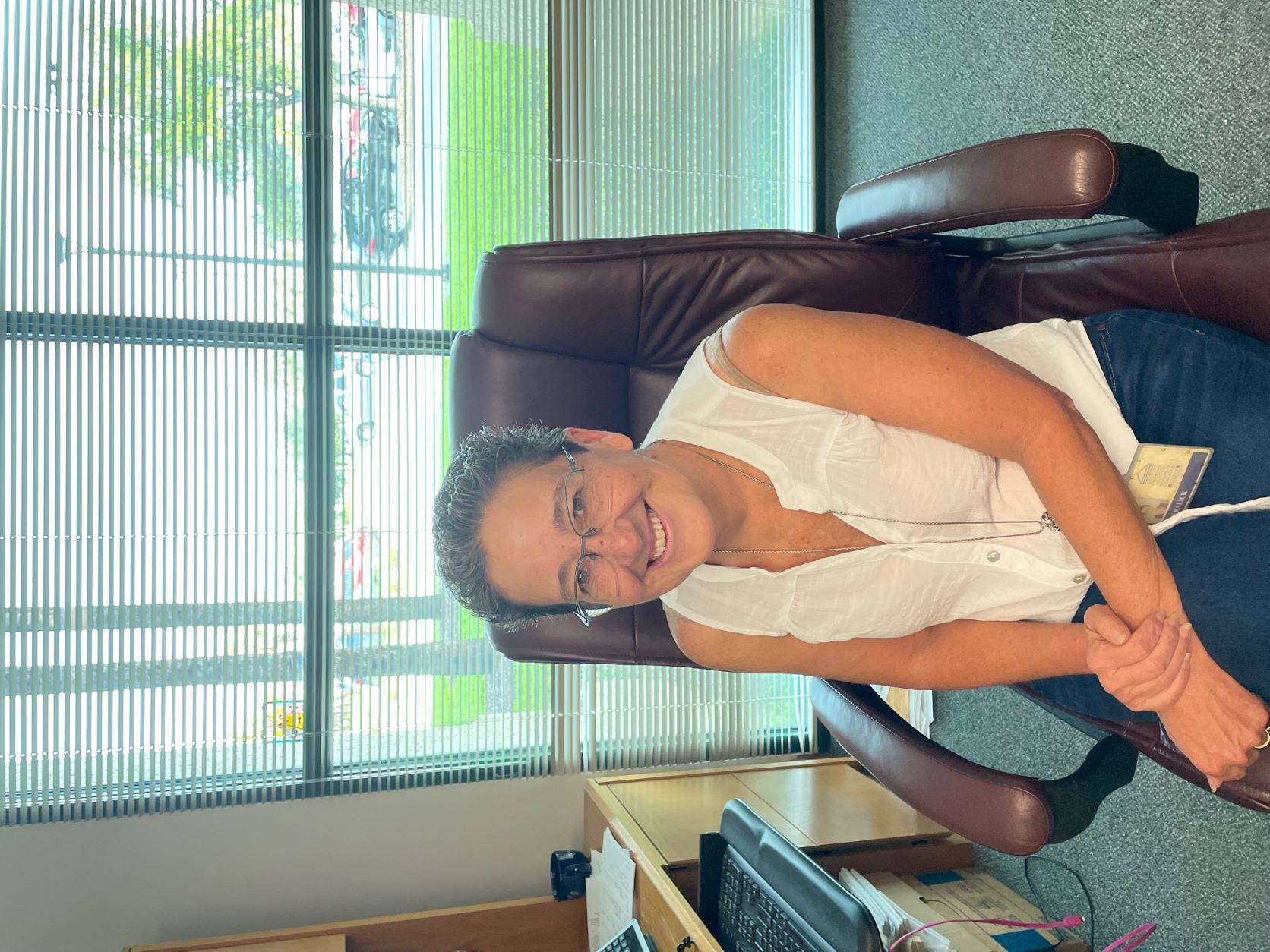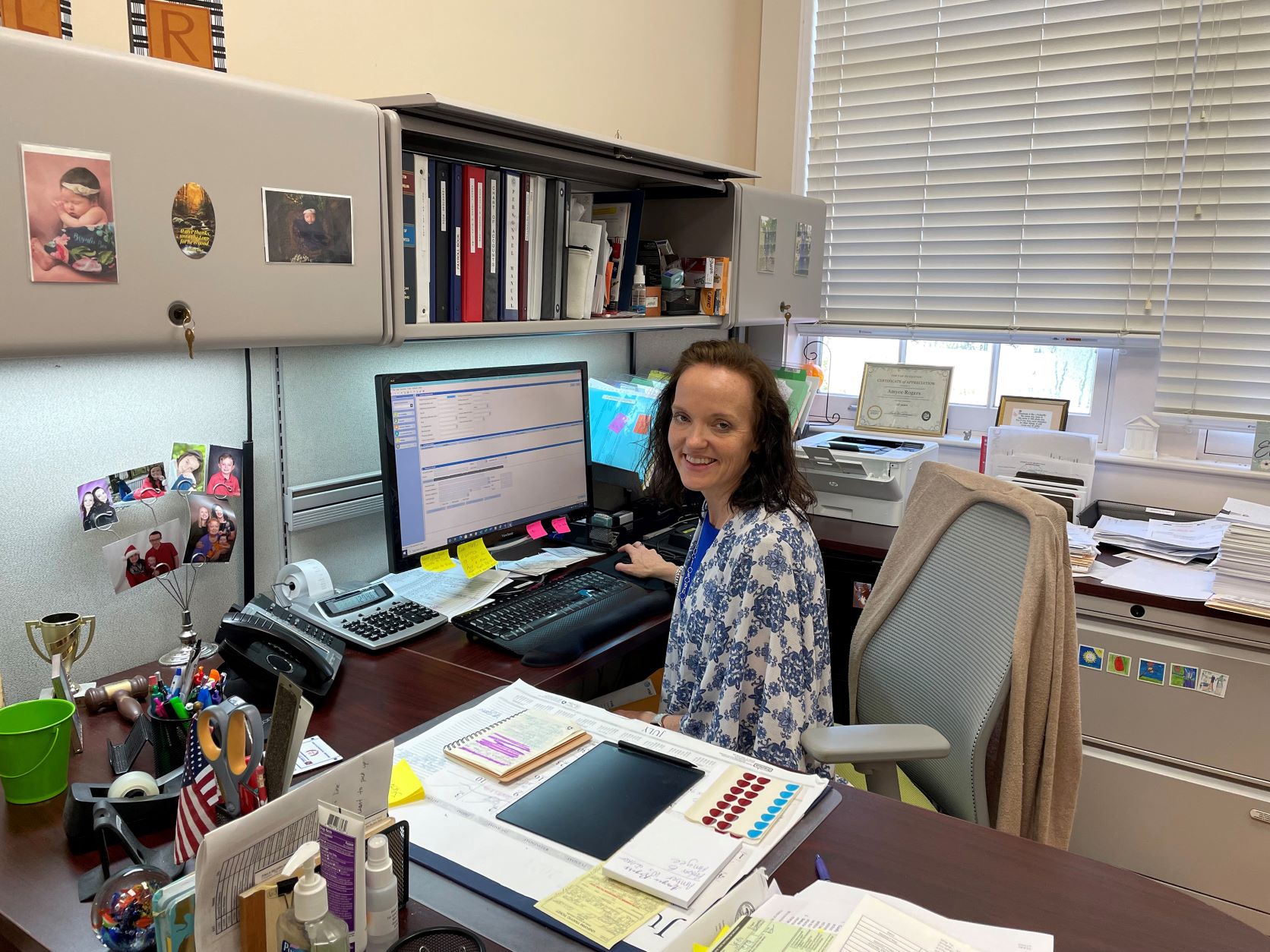Taxes collected through business licenses can play an important role in the financial health of a municipality, and making sure the process is explained and implemented correctly is a key function for office staff. There are also a few perks that come with the job.
“We get to meet just about everyone opening a new business, and the ideas people have for a business are amazing,” said Tami Fralick, director of the Charleston County Department of Revenue Collections, whose office collects business licenses for seven municipalities in the county. “Plus, we know about every new restaurant before it opens.”
With passage of the SC Business License Tax Standardization Act in 2020, all municipalities in the state must follow the same process for administering the business license tax and they must update their license ordinances to comply by January 1, 2022. For the officials responsible for handling business licenses, the standardization of practices highlights the importance of keeping up with the changing regulations and nuances of the field.

As director of the Charleston County Department of Revenue Collections,
Tami Fralick manages the office that handles business licensing for seven
municipalities. Photo: Charleston County.
In addition to managing fee collection for various county departments and municipalities, Fralick also assists the municipalities of James Island, Folly Beach, North Charleston, McClellanville, Awendaw, Lincolnville and Rockville in complying with state laws and regulations regarding business licensing, accommodations and hospitality taxes.
“We initially started collecting for the smaller municipalities, beginning in 1988. They didn’t have the resources to administer a business license, so the county contracted to do so on their behalf. It was also meant to be helpful for contractors, as they were the most likely to have multiple licenses across jurisdictions,” she said. “The towns and cities are still responsible for approving new businesses in their jurisdiction. They will set up and issue a business’s initial license. The county administers and collects renewals, delinquent collections and we audit accounts.”
She said her office is in the process of upgrading its business license software that will enable municipalities to download their own reports and allow customers to more easily manage their accounts.

Town of Pendleton Administration Supervisor Amyee Rogers counts
business licensing among her duties. Photo: Town of Pendleton.
In the Town of Pendleton, Amyee Rogers is the administration supervisor, meaning that she is responsible for business licensing along with finances, personnel and payroll. She is also the vice president of the SC Business Licensing Officials Association, an affiliate of the Municipal Association which provides training, accreditation and networking opportunities for business license officials.
She and her staff help businesses fill out an application and determine the North American Industry Classification System code, or NAICS code, to classify each business.
Rogers, who has worked for the town of Pendleton for 23 years, said she enjoys the interaction with customers and being able to answer questions from the public and her coworkers.
“Pendleton is growing, we have a lot of construction. And with that construction, you have contractors and subcontractors who all need to get business licenses. We have to keep up with that, because a subcontractor might be working on 30 houses in a subdivision,” she said.
Business license managers point to the importance of cross training, professional development and succession planning as keys to keeping the office running smoothly. Efforts to comply with the new business license standardization law are a major project for 2021.
“It’s important, especially for the people in my office working closest with me on [standardization,] that we send them to training so they can stay up to date,” Rogers said. “When they go through training, the lightbulb goes off. They’ll start asking a lot of questions. So that training really helps.”
Sonya Lee is responsible for the business license process for the Town of Lexington, which includes entering and processing business license applications, renewals and reminder notices as well as preparing business license reports for the town’s website and finance department.
She said juggling business license duties with other responsibilities can be a challenge, but she has coworkers who assist with helping walk-in customers.
“No two days are alike so you have to learn to adjust — back up and punt, as I like to put it. I try to prioritize the things I need to get done in a day so the most important, urgent things are taken care of first,” Lee said. “I have been in this position for over 20 years and I definitely have to multitask.”
Lee said ongoing professional development is important, citing Councils of Governments and Municipal Association of SC meetings as great learning opportunities.
“The quarterly COG meetings allow people to bring up topics that they are experiencing in their jurisdiction and see how others in their area are handling them. Spring and annual [Municipal Association] training are very beneficial because we hear about legislative updates, have our peers leading sessions that deal with the things we experience on a daily basis and also have professional development speakers that share insightful information,” she says. “With the passage of Act 176, keeping up-to-date on all business license information — things like NAICS, IRS statistical data, class ratings — will be even more important in the future and these meetings are a great way to get that information.”
Fralick agreed, and stressed the importance of succession planning.
“I was the beneficiary of succession planning, and know that having someone ready to step in and run the department with no catch-up time is crucial to the operation of a department as busy as ours. It is important to identify and prepare the people with the right skill sets to be able to step in and keep a department running, should something unexpected happen and you need someone to fill a role immediately,” Fralick said. “Business licensing is vital to a community, and at the end of the day it is so local. You want to help the businesses in your community be in compliance and succeed. That benefits everyone.”
The SC Business Licensing Officials Association
The SC Business Licensing Officials Association helps its members address the issues associated with administering and enforcing the local business and professional license ordinances. BLOA offers the BLOA Training Institute, which is designed to improve the professional and administrative skills of business licensing officials. Graduates of the institute who pass an exam receive the Accreditation in Business Licensing designation. Those with this designation may then pursue a Master in Business Licensing designation by completing BLOA’s Advanced Academy.
BLOA also hosts a Joint Academy with the SC Municipal Finance Officers, Clerks and Treasurers Association to explore topics relevant to both groups.
